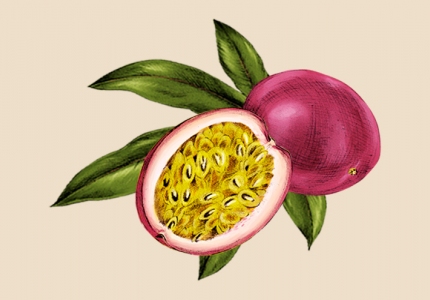A beginner’s guide
Not only is the mounting evidence exceedingly clear about the urgent need to turn around industrial practices, but consumer dollars are sending the same, strong message. Economically speaking, the planet-friendly pie is too good to miss out on.In the beauty industry, new terms are popping up together with new environmentally-conscious methods. However, not all of the new methods and labels are clearly defined, meaning companies’ actual practices may vary widely.
Organic, fair trade, eco-friendly, clean, vegan… What does it all mean?
In an effort to clean up the linguistic mess, here are a few guidelines for beginners to understanding these words and products as we incorporate environmental beauty into personal beauty.
Cruelty-free
This term means that no animals have been used to test the product. The Leaping Bunny label is the seal of approval of the likewise-named umbrella organization, made up of anti-vivisection, humane and animal alliance institutions. It can be trusted that products with this label have been produced without having been tested on animals or research involving animals as part of product development or production.
Fair trade
Business practices wherein producers receive correct prices and conditions for their labor is fair trade. Really, this is just good business that promotes a sustainable lifestyle for workers. Fair trade means small companies won’t become dependent on the whims of enormous intermediaries who distribute their products. For example, in the beauty industry, cosmetics producers may need to buy raw coconut as an ingredient. Fair trade practices mean that coconut growers can effectively negotiate and remain profitable enough to make a living and contribute to their communities. Unfair practices (unfair trade) could mean the cosmetics producers are able to force coconut growers to sell their produce at such a low price that they can’t make a living, maybe even selling their crop for less than it cost to grow them.
Check out this website for lists of corporations and companies that meet their respective fair-trade certification requirements.
Sustainably-produced
Products that are sustainably manufactured don’t deplete or damage natural resources and habitats in the process. Their manufacture can be sustained indefinitely and the raw materials will not run out, nor will the environment be damaged because of it.
Clean
This is one of the more recent and perhaps ambiguous terms. “Clean” products could be construed as free from silicones, phthalates, parabens, pesticides, artificial coloring and other synthetic ingredients. On the other hand, the term could also be used to describe a sustainably-produced product which could include synthetic or chemical ingredients.
Green/eco-friendly
“Green” products are promoted as “better for the environment”, but there is no set definition nor any requirements in terms of actual ingredients or processes. The same goes for “eco-friendly”.
Non-toxic
“Non-toxic“ products do not contain poisonous or lethal ingredients. However, “non-toxic” does not mean there are no synthetic ingredients or chemicals.
Natural
One of the trickiest terms out there is “natural”. We see it so often on labels, but there is no legal definition. We can’t know if there are no synthetic ingredients in the product, if its ingredients are based on natural substances (that are later modified?), if only a certain percentage (and what percentage?) of the ingredients come from nature… And just because something is found in nature certainly doesn’t make it safe for humans. Poison ivy is natural, but we’re not going to bathe in it, nor do we want lead in our makeup.
Plainly speaking, “natural” is like “green” and eco-friendly”: meaningless.
Vegan
“Vegan” goes one step further than “cruelty-free”. Vegan products will not contain any ingredients that are derived from animals. For example, if cow milk were an ingredient in a product, the product could be cruelty-free if the cow lives in the right conditions. However, it would not be vegan. PETA is a good source of information on this subject.
Organic
Finally, a term with a legally enforceable meaning! In the USA, a product cannot be labelled “organic” unless it contains a specific percent of “organic” material, which is defined by the United States Department of Agriculture. Organic products are petroleum, dye and pesticide free, and may even meet certain soil health preservation standards. “USDA Organic” is a great label, but don’t think you’re exempt from doing research. The details vary from state to state.
Consumer knowledge is essential when navigating the beauty industry. Any claims should be independently checked and it can’t be repeated enough: your best bet is to read the label and know the laws. Don’t be tricked by beautiful adjectives that are empty.
Check EWG Skin Deep Cosmetics and the International Nomenclature of Cosmetic Ingredients for more information on company certifications, ingredients and processes.



